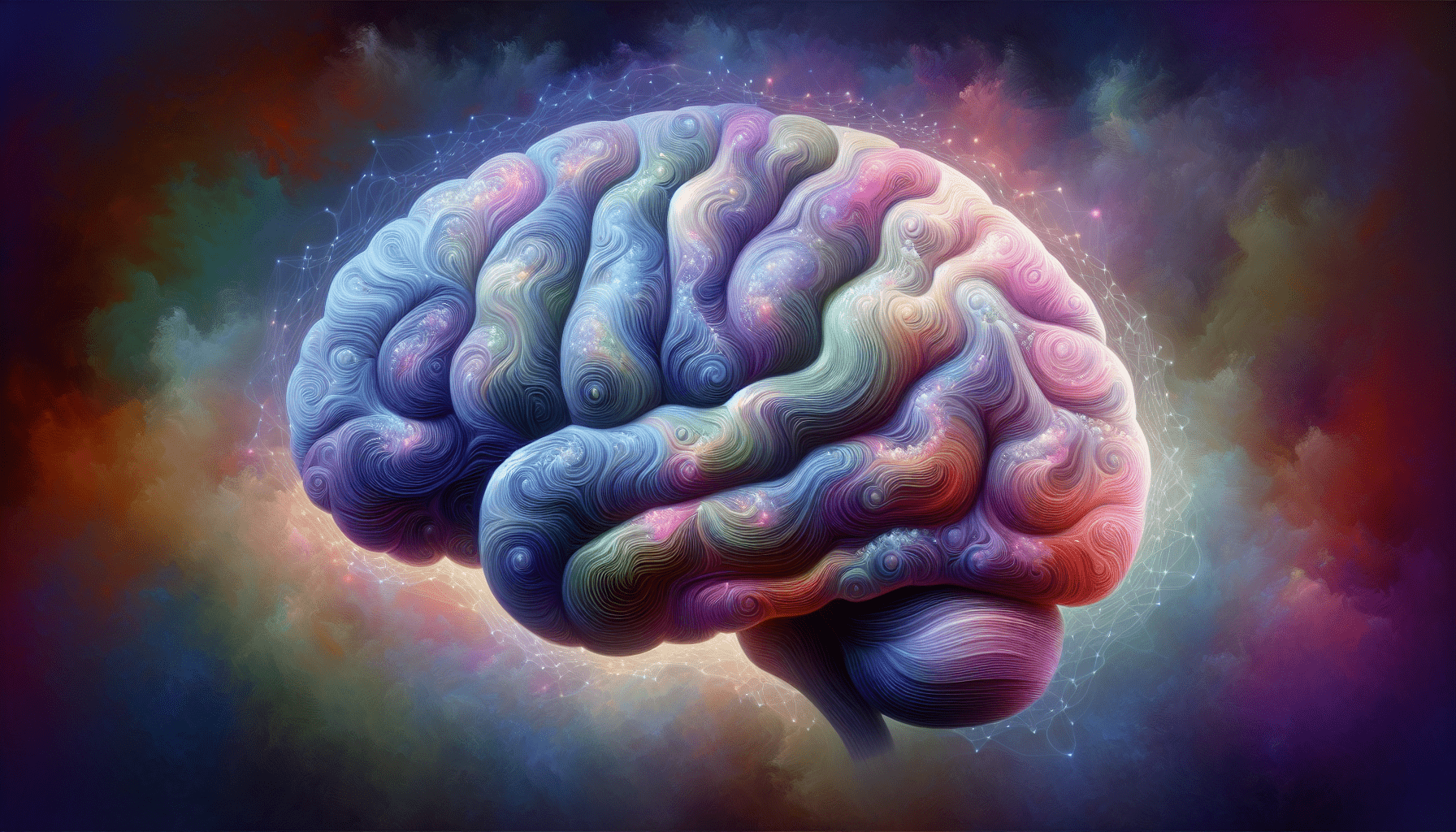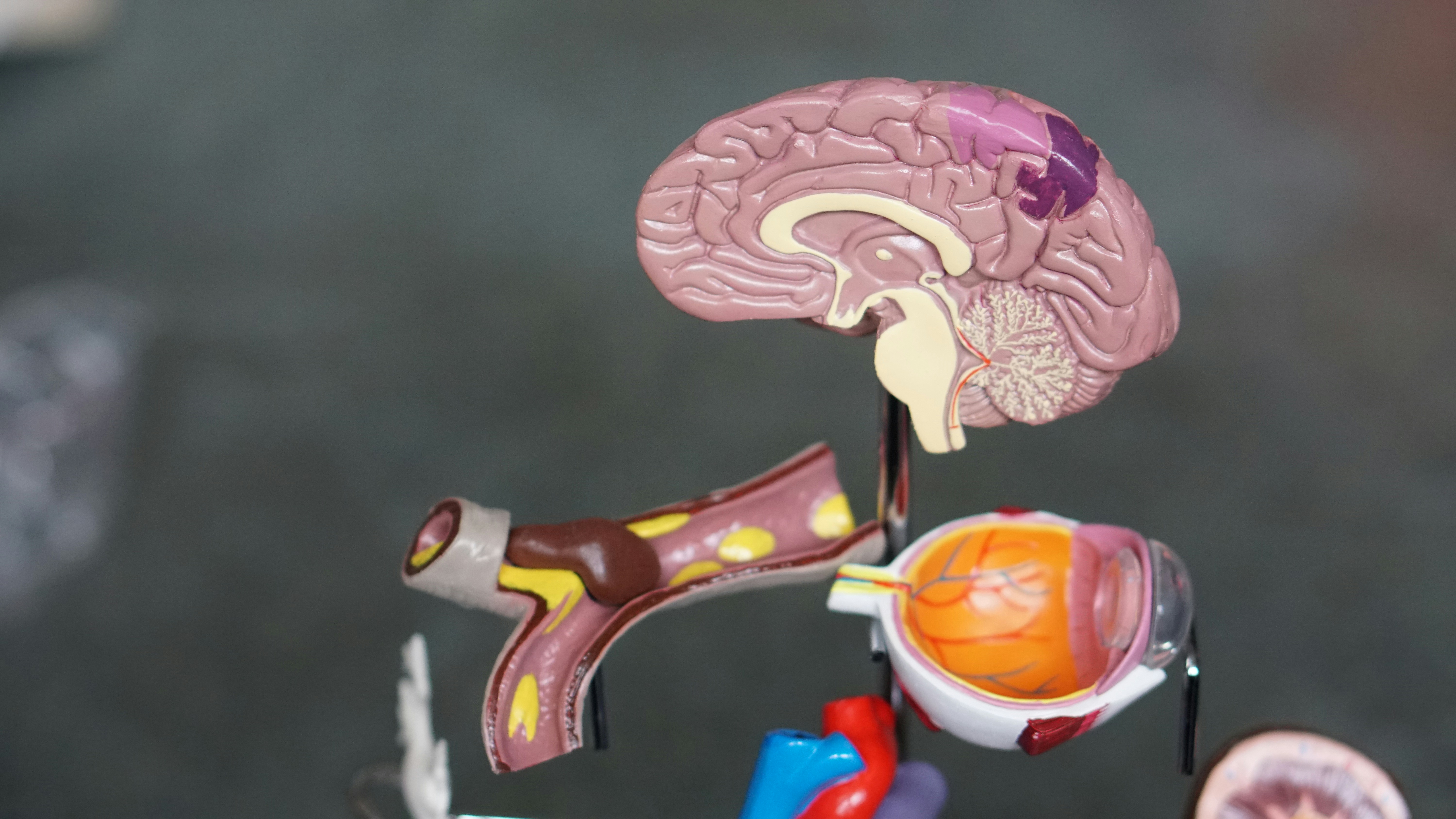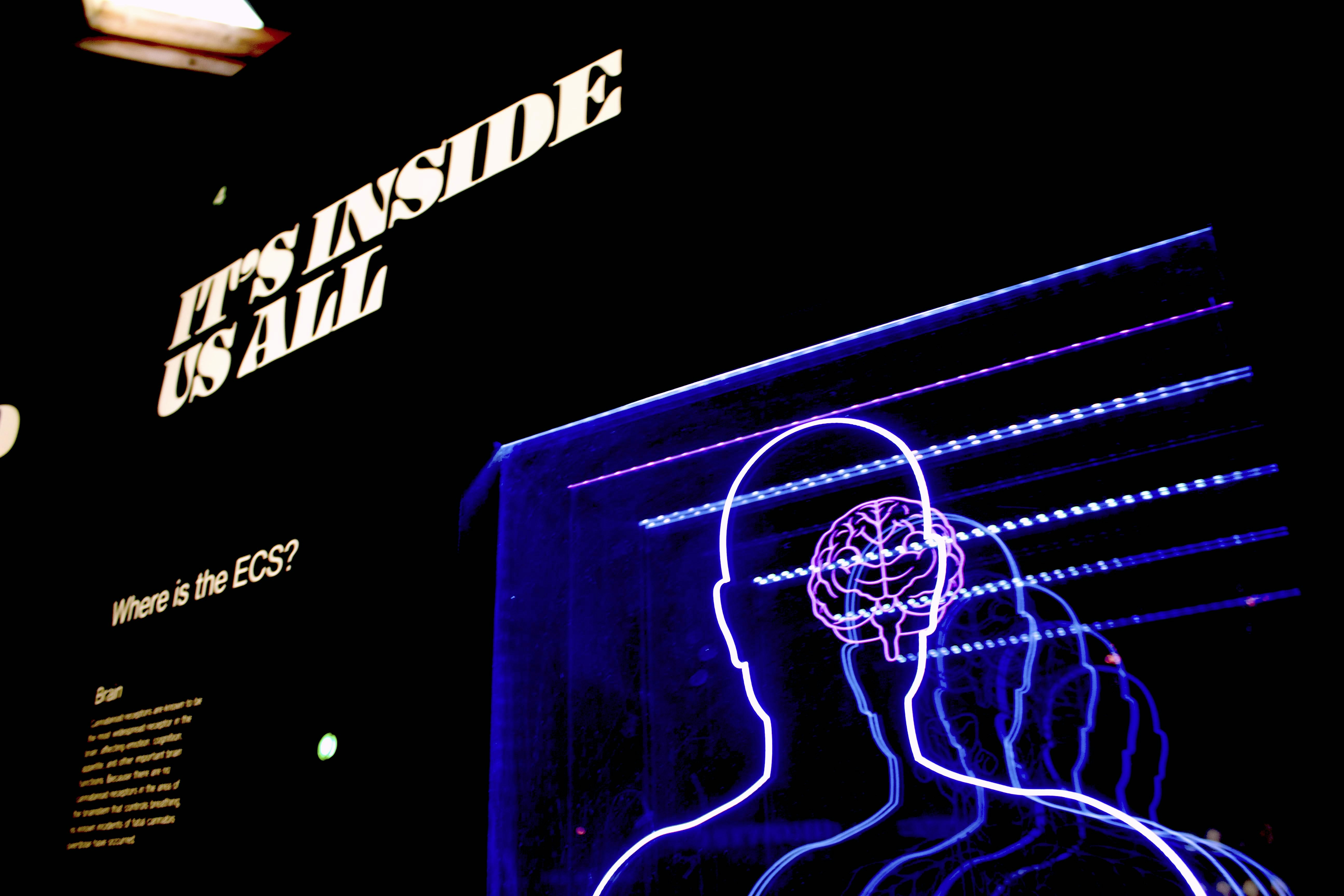Have you ever found yourself forgetting where you placed your keys or struggling to recall the name of someone you just met, leading you to wonder if it's just a natural aging process or something more concerning? You're not alone. Memory lapses and cognitive slips can create worry, especially as we grow older. However, when these concerns persist and you begin to notice these changes in your cognitive abilities, it becomes essential to explore the possibility of subjective cognitive decline (SCD), particularly as it relates to Alzheimer's Disease.
Understanding Subjective Cognitive Decline (SCD)
Subjective Cognitive Decline (SCD) is a self-reported experience of increasingly impaired memory or other cognitive functions. Essentially, it is when you begin to notice a decline in your cognitive abilities before those changes are detectable through standardized cognitive tests. This self-perception can be unsettling, as it raises personal concerns about the potential onset of dementia, Alzheimer’s Disease being a primary concern for many.
The Nature of Subjective Cognitive Decline
It's important to clarify what exactly SCD entails. Imagine you suddenly start feeling that your mental acuity is not as sharp as it used to be, yet every professional assessment says your cognitive functions are within normal limits. In these scenarios, the discrepancies may leave you feeling confused. SCD is significant in Alzheimer’s research because it typically emerges in the preclinical stages of the disease, long before more pronounced symptoms or clinical diagnosis occur.
Symptoms of Subjective Cognitive Decline
Being able to identify the symptoms associated with SCD can help in early recognition and intervention. The symptoms often include:
- Memory issues: Such as forgetting appointments or words that previously came easily.
- Attention difficulties: Easily becoming distracted or having trouble following conversations or plots.
- Decisional conflicts: Feeling overwhelmed when making decisions that used to be straightforward.
These perceived declines can be worrying, but they do not definitively mean you have Alzheimer's. Still, they merit consideration and possible evaluation.
How Subjective Cognitive Decline Relates to Alzheimer’s Disease
SCD’s linkage to Alzheimer’s arises because it can serve as one of the earliest indicators. Prospective studies have shown that individuals who experience SCD are at an increased risk of transitioning to mild cognitive impairment (MCI) and eventually Alzheimer’s compared to those without such concerns.
Why Early Detection Matters
Detecting and monitoring SCD allows you to engage in proactive health measures. By recognizing potential cognitive decline early, strategies such as promoting brain-friendly lifestyles can potentially delay the onset of Alzheimer’s symptoms. Early detection also opens up opportunities for clinical trials investigating interventions that might mitigate the progression to Alzheimer’s.
Risk Factors for SCD
Some factors can elevate the risk of SCD developing and influencing your cognitive trajectory. These include:
- Genetic Predispositions: Particularly the presence of the APOE-e4 allele, known to increase Alzheimer's risk.
- Lifestyle Factors: Including lack of physical activity, poor diet, and social isolation.
- Medical History: Conditions such as cardiovascular disease, depression, or severe head injuries.
Understanding these risk factors can help tailor preventive strategies uniquely suited to you.
Differentiating SCD from Normal Aging
It’s essential to distinguish between normal age-related cognitive changes and SCD. While it’s normal to occasionally forget names or misplace items as you age, SCD concerns usually relate to a noticeable and persistent decline in your cognitive capacity that disrupts daily life.
When to Seek Professional Help
If you find that these perceived cognitive setbacks are persistent and worsening, it’s advisable to consult a healthcare professional. Discussing your experiences enables appropriate evaluation, which might include cognitive tests and neuroimaging, to provide a clearer picture of your brain health status.
Cognitive Assessments
While subjective reports pave the way, cognitive assessments conducted by professionals provide valuable benchmarks of your cognitive abilities. Neuropsychological tests can assess various cognitive domains and help identify specific areas of concern.
Living with Subjective Cognitive Decline
Navigating life with SCD can be challenging, but there are ways to effectively manage these experiences. Adopting a proactive and holistic approach to your cognitive health can yield positive results.
Lifestyle Modifications
This can involve incorporating regular physical exercise, a balanced diet rich in omega-three fatty acids and antioxidants, maintaining sufficient sleep, and engaging in cognitive stimulation activities such as puzzles or learning new skills.
A Quick Table of Beneficial Activities
| Activity Type | Examples | Benefits |
|---|---|---|
| Physical Exercises | Walking, swimming, yoga | Enhances brain health and function |
| Cognitive Tasks | Puzzles, playing musical instruments | Stimulates mental processes |
| Social Interactions | Group activities, volunteering | Reduces risks of loneliness and dementia |
Psychological Adjustments
Living with SCD necessitates attention to your emotional well-being. Feelings of frustration, anxiety, and fear are natural, but engaging in mindfulness practices, seeking therapy, or joining support groups can enhance your resilience and coping strategies.
Technological Aids
The digital age affords access to many cognitive tools designed to help manage everyday life with SCD. Utilizing apps and devices for reminders, notes, and cognitive exercises can aid memory and task management effectively.
Community and Support Systems
Understanding that you’re not alone in this journey is vital. Communities and support groups play an instrumental role in providing emotional support and sharing experiences, mitigating feelings of isolation.
Family Engagement
Involving family members in your care and openly communicating regarding your experiences with SCD can offer additional support. It allows for the creation of a solid network that can assist in memory support and advocacy during medical appointments.
Professional Resources
A range of professional resources exists to aid those experiencing SCD. These services not only offer cognitive evaluations but can also provide guidance in managing everyday challenges associated with SCD.
Current Research and Future Directions
The realm of SCD and Alzheimer's research is ever-evolving. Ongoing studies aim to better define SCD, its relationship with Alzheimer’s, and effective intervention strategies.
Emerging Technologies
Technologies like brain imaging, biomarkers, and genetic profiling are becoming increasingly sophisticated and can offer earlier and more accurate detection of Alzheimer's-related changes. This opens the door for earlier interventions that could significantly delay progression.
Preventative Strategies
Research continues to emphasize the importance of integrative strategies that combine lifestyle modifications with emerging therapeutic interventions. Participation in clinical trials for new medications or therapies offers promise for the future.
Conclusion
Understanding Subjective Cognitive Decline in the context of Alzheimer's Disease is a crucial aspect of early detection and intervention. While SCD can be a concerning experience, it offers an invaluable opportunity to take proactive steps in managing your cognitive health. By staying informed, engaging in preventive strategies, and seeking support, you can navigate this journey with greater confidence and peace of mind. Remember, the path to brain health is not just about addressing problems as they arise but fostering an environment that supports cognitive resilience throughout your life.
In closing, know that being proactive is your best defense—maintaining an open dialogue with healthcare providers and seeking out resources and support can empower you to manage SCD and ultimately improve your quality of life.




